
If you’ve ever hosted on Airbnb, you know that being a good Host is more than just offering clean sheets and a hot shower. It’s about creating an experience, a memory, a feeling that guests carry with them long after they’ve left.
My wife Taylor and I have been Airbnb Hosts for three years. We are Superhosts, and our listing is a Guest Favorite that has consistently been in the top five percent of homes ranked based on ratings, reviews, and reliability.
But let’s be real—being a great Host also means navigating the unexpected because things don’t always go as planned.
Booking Issues and Cancellations
Without a doubt, the most common thing Airbnb Hosts like us use the Help Center for is dealing with booking issues and cancellations. Whether it’s a guest canceling at the last minute, navigating the complexities of the Airbnb cancellation policies, or figuring out what to do when a guest doesn’t follow the house rules.
We have had countless interactions with guests and have had our fair share of cancellations. We’ve seen it all: the guests who suddenly had a family emergency, the ones whose flight got delayed, and yes, even those who just ghosted us without a word. In the beginning, these kinds of situations stressed us out. How do you balance empathy with the need to protect your income?
Finding the Right Cancellation Policy
One of the first things Taylor and I did when we started Hosting was to familiarize ourselves with Airbnb’s cancellation policies. We initially opted for the Moderate policy, which gives guests a bit of leeway while also protecting us from last-minute cancellations. But after a while, we noticed that cancellations weren’t as frequent or impactful as we initially feared, so we made the switch to the Flexible policy.
The Flexible policy was a perfect fit for our Hosting style. This policy is ideal for short-term rentals, offering guests the freedom to cancel up to 24 hours before check-in without penalty. It’s been a win-win for us—our booking rates increased, and the few cancellations we did experience didn’t affect us much. Even on the rare occasion that we get a same-day booking, we’ve found that the Flexible policy provides peace of mind for both us and our guests. It's rare that our guests cancel last minute. They often do it with enough time for other guests to book in their place.
Navigating the Long-Term Rental Cancellation Policy
While the Flexible policy works great for short-term rentals, things get a bit more complex regarding long-term stays. If a reservation is for 28 nights or more, Airbnb’s long-term cancellation policy automatically applies, regardless of the Host’s chosen policy. Under this policy, the first payment is typically non-refundable, depending on how far in advance the reservation was made.
Taylor and I had to navigate this situation when a guest, who had booked for a month as they were relocating from out of state, found their new home sooner than anticipated. They needed to cancel the remaining days of their stay. According to the long-term cancellation policy, we could have kept the payment for the remainder of her stay. But as Hosts who believe in showing empathy and understanding, we wanted to find a solution that worked for us and our guest.
We decided to offer a merit-based solution: if the days she needed to cancel got rebooked, we’d refund the money. Fortunately, most of those days did get rebooked, and we could refund a large portion of her payment. The guest was so grateful she even gave us a lovely handwritten note and a $50 gift card to one of our favorite local restaurants as a thank you. This experience reinforced our belief that by being flexible and showing compassion, we can encourage more people to use Airbnb and help build a stronger, more trusted platform.
Guest Expectations: Setting the Stage for Success
Another top concern that Hosts frequently search for in the Help Center is how to manage guest expectations. Taylor and I quickly realized that setting clear expectations from the start is crucial to a smooth Hosting experience. The key is to prevent any mismatched expectations before they even check-in.
To do this, we’ve made our listing as detailed as possible. We include plenty of photos, a detailed description of the space, and clear information about the house rules. We’re even thinking about creating a short video tour of the property that we send to guests a few days before their arrival. This will help set the tone and give them a realistic idea of what to expect.
But setting expectations isn’t just about the listing; it’s also about communication. As soon as guests book, we immediately set clear expectations and let them know we’ll send detailed instructions the morning of check-in. On the morning after their arrival, we send an automatic check-in message to see if they have everything they need. This gives them time to settle in and lets us get a feel for their needs, letting them know not to hesitate to reach out if anything arises. Communication and friendliness are key for us. We also check in once more the evening before checkout, reiterating the checkout instructions and ensuring they had a five-star stay.
Tip: Don’t forget to take advantage of the personalized automated messaging functions that Airbnb offers Hosts, allowing you to check in with your guests consistently. This way, every guest receives the same level of attention, care, and a five-star experience.
Navigating Difficult Conversations
Let’s talk about the uncomfortable part of Hosting: dealing with difficult conversations. Maybe they’re unhappy with something in the listing, or perhaps they’ve broken a house rule. These situations are never fun, but they’re a reality of Hosting.
Taylor and I have learned that the key to navigating these conversations is to stay calm, collected, and proactive. One of the best ways we’ve found to mitigate negative reviews is by addressing potential issues before they become bigger problems. We’ve noticed that some guests might be hesitant or shy about reaching out—they’d rather mentally catalog things that are missing or not quite right and then mention them in a public review instead of messaging us directly. That’s why our morning-after check-in message is crucial. It sets the tone for their stay and lets us catch any small issues early on.
Whether it’s “Everything’s great! Thank you so much!” or “We can’t find the remote,” this proactive approach allows us to address their needs immediately. For example, some guests might need an iron, more coffee creamer, or a cooler room. By making it clear that we genuinely care about their experience being a five-star one, we often turn what could have been a negative review into a glowing one. Guests appreciate proactive Hosts and the genuine hospitality that comes with it.
Another key strategy is understanding how to handle accidents or damage with empathy. As guests ourselves, we know that things can go wrong—something breaks, gets stained, or is damaged, and it can leave you feeling guilty and unsure of how to address it. When we enter the room after guests have checked out and find a stain or damage, we approach it from a place of imagining how we’d feel in the guest’s shoes. This helps us avoid building resentment and keeps our mental health in check, which is essential for long-term Hosting success.
For example, if we find a stain on the bed, we’ll send the guest a respectful message with a photo, asking something like, “Do you know what this stain could be from so we can properly clean it?” This gives guests space to admit to something or provide us with guidance. If they don’t know or don’t respond, we have documented evidence, and we can be properly reimbursed through Airbnb’s AirCover. Having these things in writing is crucial. Only once have we had a guest deny responsibility, claiming they never used the sheets, but even then, AirCover had us covered.
Another challenging aspect is requesting payment for something damaged or stained, especially before a guest has written a review. This can be a delicate situation, so we approach it with clarity and respect. We’ve found it helpful to say, “We will be requesting replacement costs for the sheets. If you feel you are not responsible, you are welcome to deny the request; we are required by Airbnb to request from you directly for AirCover to kick in.” This approach maintains hospitality while allowing the guest to take responsibility. And if a guest does take responsibility, we don’t let this situation detract from writing them a good review. After all, accidents happen, and we value honesty and accountability.
Ultimately, the key is to be empathetic, proactive, and clear in communication. Airbnb’s tools, like AirCover, make it easier to handle these situations without stress. In the end, if you’re not happy Hosting, your guests will sense that. Keeping your mental health in check and approaching each new guest with a fresh start ensures a positive experience for everyone involved.
Embracing Continuous Improvement
One of the best pieces of advice we’ve found in the Airbnb Help Center is to embrace continuous improvement. Hosting is a journey, and there’s always something new to learn. Whether it’s fine-tuning your listing with new photos, improving your communication skills, or finding new ways to surprise and delight your guests, there’s always room for growth.
Taylor and I make it a point to regularly review our Hosting experience. After each guest leaves, we often discuss what went well and what could have been better. We also read through our reviews the moment they post and take all guest feedback seriously. This practice has helped us refine our Hosting style and create a memorable, five-star experience that keeps guests returning.
Guest Reviews
Ensuring your guests write a five-star review starts with understanding what Airbnb asks them to evaluate. Airbnb uses specific prompts with checkboxes, so it’s crucial to know what those are: Was the place easy to find? Was it easy to get inside? Were the instructions clear? Was check-in flexible? Did they feel at home? Was the furniture and linens spotless? Was the space free of clutter? Did it have all the listed amenities? Were the instructions helpful? Were the Hosts friendly?




Airbnb also asks about location and value: Were the surroundings beautiful? Was the place private and peaceful? Did guests feel that what they paid for was worth it?
Knowing these prompts is key because if you focus on meeting these specific needs, your guests will have every reason to write you a five-star review.
Embrace the Journey
Hosting on Airbnb can be a wild ride. But with the right mindset, a little help from the Airbnb Help Center, and a strong partnership with your co-Host, you can navigate the challenges and come out on top. So, the next time you find yourself facing a booking issue, a difficult guest, or just a bit of self-doubt, remember: you’ve got this. Happy Hosting!
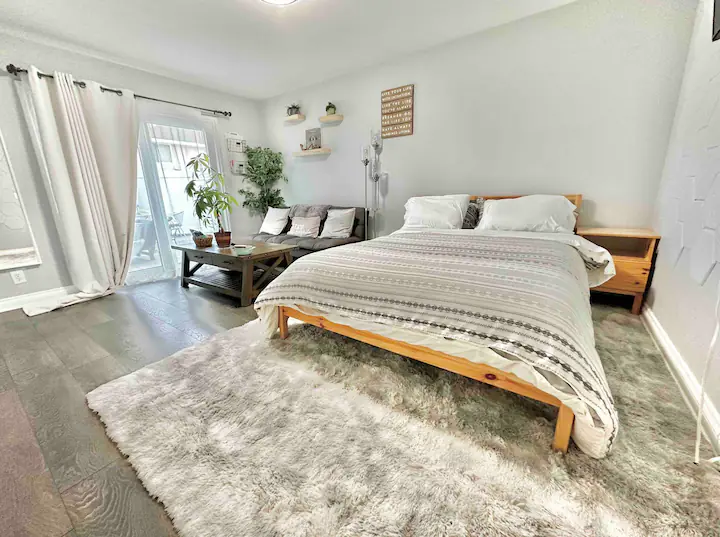
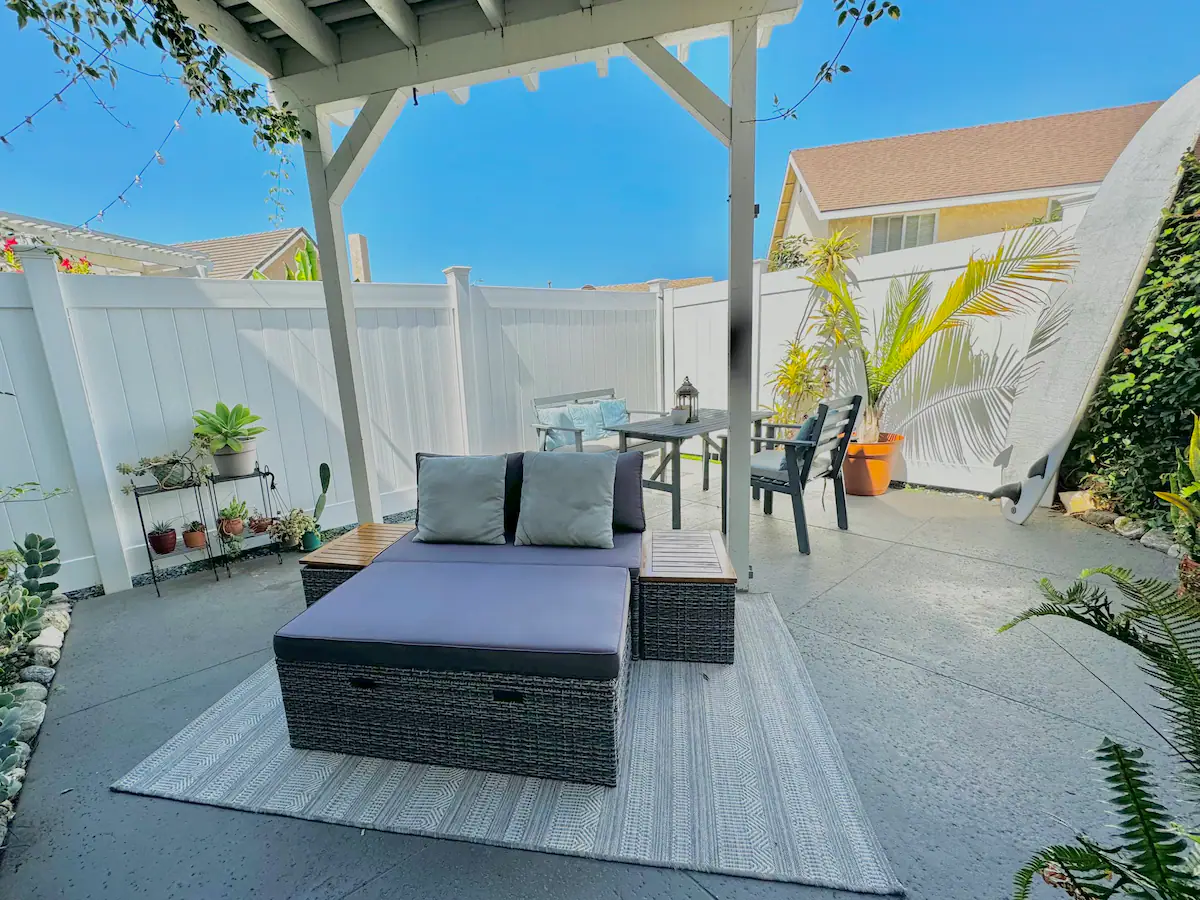
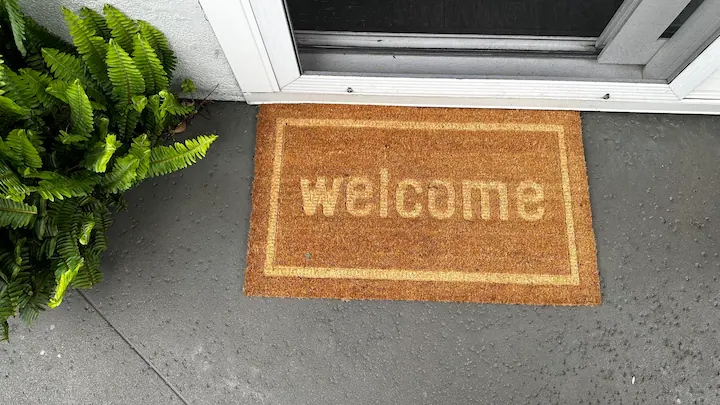

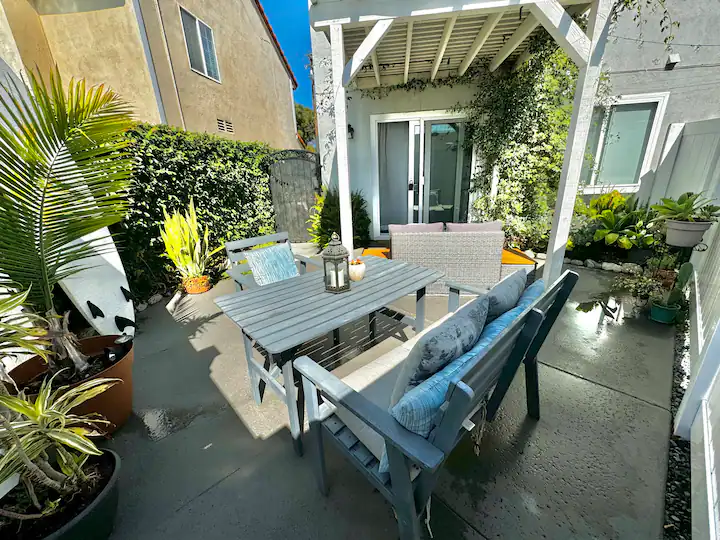


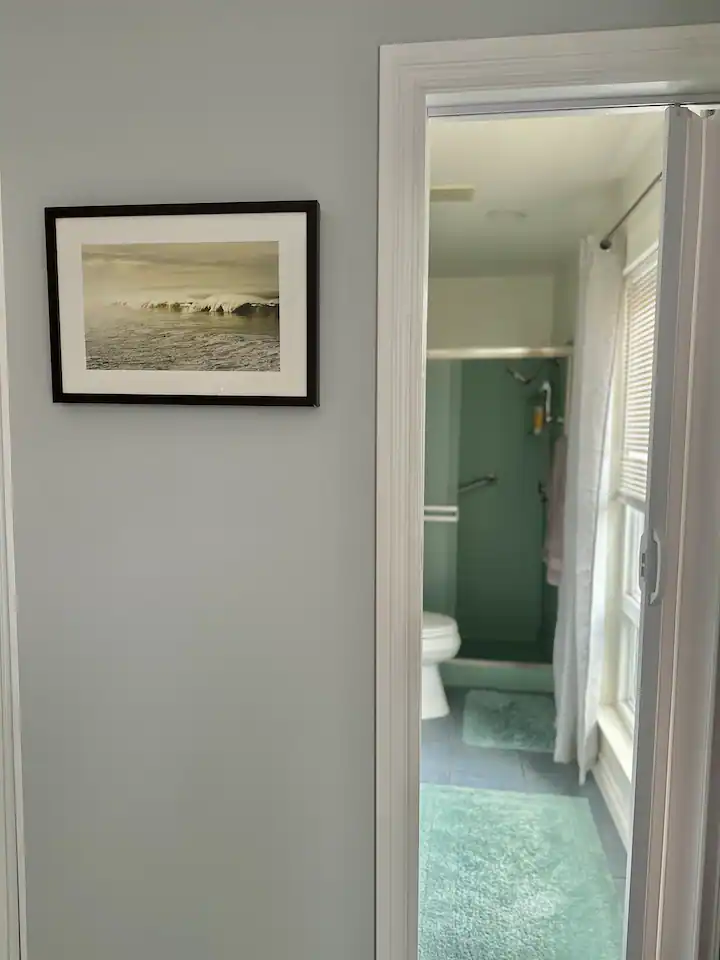

Comments